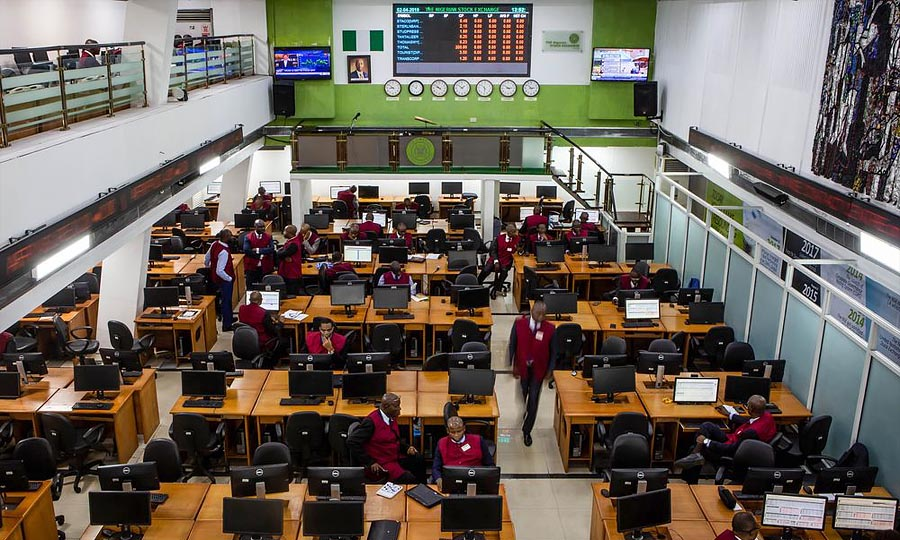Prominent figure in Nigerian football development, Yemi Idowu, has voiced his concerns and hopes for the future of football academies in Nigeria. While he acknowledges the progress made by academies in nurturing talent, he believes the system remains incomplete without a robust grassroots and junior structure.
“I’m happy with the work academies are doing, that’s the progression,” Idowu said. “But I’d be happier if we had a proper youth and junior structure in place. Right now, it’s a bit disjointed.”
Idowu emphasised the need for a track record that shows what works and what doesn’t. He pointed to the success of initiatives launched since 2010 but stressed that grassroots football must be given more attention. Local coaches and academies, he argued, should be empowered to take on more prominent roles in talent development.
Lessons from Morocco
Using Morocco as a case study, Idowu highlighted how long-term investment in grassroots football has paid off. Morocco’s success at youth and senior levels—including their historic run to the World Cup semifinals—is rooted in a nationwide structure that begins in villages and culminates in elite facilities like the King Mohammed VI Football Academy.
“What Morocco has done is the result of a long journey. That center is just the tip of a grassroots pyramid. If you go to their villages, you’ll see the structure. That’s what we don’t have.”
He argued that Nigeria doesn’t need expensive stadiums to build a strong foundation. Simple grass fields and functioning junior leagues are enough. What’s missing, he said, is access to basic resources—like quality footballs.
“Today, we can’t even get competition-grade football in Nigeria. Most of what’s sold is fake. Let the Sports Commission distribute quality footballs for free. It costs nothing.”
The Role of NFF, Local Governments
Idowu believes the Nigerian Football Federation (NFF) should focus on elite football, while state and local governments should handle junior development. He called for decentralisation of funding and infrastructure to ensure children don’t have to travel long distances to play regularly.
“If you want to play every week, you can’t travel too far. Local governments should fund infrastructure and support coaches with small allowances and training kits. The rest, they will do.”
Academies vs. League Teams
Idowu also addressed the growing trend of top Nigerian players emerging from academies rather than league teams. He attributes this to the academies’ willingness to give young players opportunities, unlike some league teams that are dominated by older players.
“Academies are doing the right thing. The league isn’t. Once you reach a certain age and don’t make the grade, you should move on and make space for younger players. If you don’t, they’ll go where they’re allowed to play.”
He stressed that league teams must allow junior players to play for a year or two before moving abroad. This not only helps player development but also creates revenue opportunities for clubs.
“Even Bulgaria and Serbia can’t retain their top players. Nigeria won’t either. But we can give juniors a platform before they leave.”
Advice to Fellow Academies
When asked what advice he would give to other academies, Idowu was modest.
“I think we’re all doing well. Success depends on resources and luck. Some with little are winning, while others with more aren’t. I’m lucky we’re still at this level, but many are doing more and haven’t achieved the same.”
In summary, Idowu’s message is clear: football academies are vital, but they must be supported by a well-structured grassroots system. Without it, Nigeria risks losing its next generation of stars before they even get a chance to shine.




